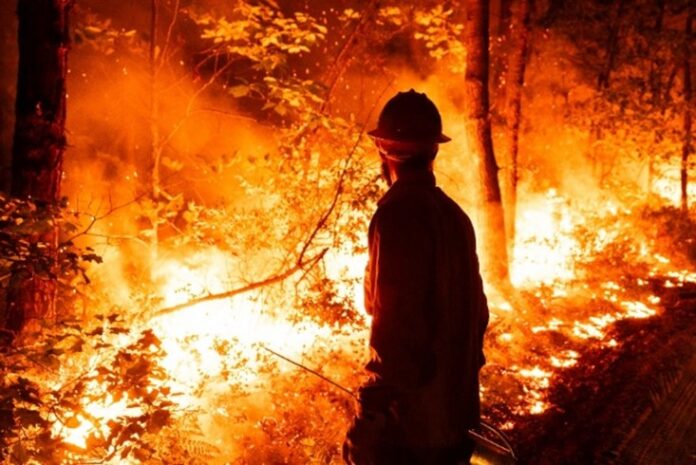As New Jersey heads into another wildfire season and continues pushing for a greener future, the state’s environmental budget is raising eyebrows. Governor Phil Murphy’s proposed budget for the upcoming fiscal year includes a 12.5% cut to the Department of Environmental Protection (DEP)—even as forest fire risks rise and ambitious electric vehicle (EV) goals remain underfunded.
At first glance, lawmakers applauded one highlight in the budget: increased funding for the New Jersey Forest Fire Service. That move makes sense—2023 was one of the state’s worst wildfire years in recent memory, with over 16,000 acres scorched by fast-moving blazes in places like Wharton State Forest and the Pine Barrens.
But look closer, and a more complicated picture emerges. While firefighting resources are seeing a modest bump, the overall DEP budget is being slashed, leaving major questions about the future of environmental protection, climate resilience, and clean energy in the Garden State.
🔥 Wildfires Are Getting Worse—But Is the Response Enough?
New Jersey’s wildfire risk is growing due to a combination of factors: hotter temperatures, prolonged droughts, and overgrown forest conditions. In this context, a boost to the Forest Fire Service is welcomed—but it’s only one piece of the puzzle.
Forest fire crews need boots on the ground, yes—but they also need long-term forest management, advanced equipment, and support from other DEP branches that are now facing budget cuts.
For example, controlled burns (a key tool for fire prevention) require coordination across multiple divisions, including land use, conservation, and planning. If those areas are underfunded, the state’s wildfire response becomes reactive instead of proactive.
It’s not enough to just fight fires—we need to prevent them before they grow into statewide disasters.
⚡ Electric Vehicle Incentives Take a Back Seat
Governor Murphy has made it clear that New Jersey is all-in on electric vehicles. The goal? To have 100% of new car sales be electric by 2035. But reaching that ambitious target requires serious investment—and that’s where the current budget falls short.
New Jersey’s popular Charge Up NJ EV incentive program, which provides rebates for electric vehicle purchases, was suspended early in 2023 due to lack of funds. As of this proposal, no significant new funding has been allocated to bring it back.
Without rebates and infrastructure investment (like more charging stations), it becomes harder for average residents to afford EVs—and the state’s emissions goals get further out of reach.
💸 What the 12.5% DEP Cut Really Means
The DEP isn’t just about forests or electric vehicles. It’s the agency responsible for protecting New Jersey’s air, water, land, and public health. A cut of 12.5%—one of the steepest in recent years—could affect:
- Pollution monitoring and enforcement
- Coastal and floodplain management
- Climate change adaptation efforts
- Drinking water quality programs
- Wetlands and habitat restoration
In other words, this budget may jeopardize some of the very programs that help shield New Jersey residents from environmental hazards and help communities prepare for climate impacts already at our doorstep.
🌱 Lawmakers Must Look Beyond Headlines
It’s easy to celebrate a boost to wildfire services—it’s a politically safe and visibly urgent move. But real environmental stewardship demands more than firefighting equipment. It requires vision, consistency, and sustained investment across all fronts: clean air, clean water, land preservation, and green energy innovation.
Cutting the DEP budget now—at a time when climate change is accelerating and New Jersey’s environmental challenges are multiplying—is not just short-sighted. It’s potentially dangerous.
✅ What New Jersey Needs Moving Forward
To protect both our environment and our economy, lawmakers should consider:
- Restoring full funding to DEP divisions that support climate mitigation, conservation, and sustainability.
- Reviving and expanding the Charge Up NJ EV rebate program to keep electric vehicles within reach for working families.
- Creating a long-term wildfire management strategy that includes fire prevention, habitat restoration, and public education—not just suppression.
New Jerseyans deserve more than half-measures when it comes to our environment. We deserve a future where we’re prepared for wildfires, ready for climate change, and leading the charge toward clean energy.












